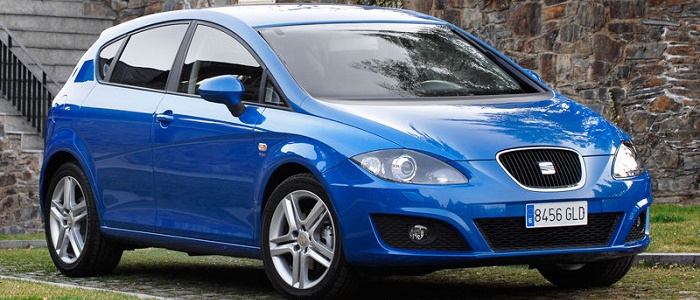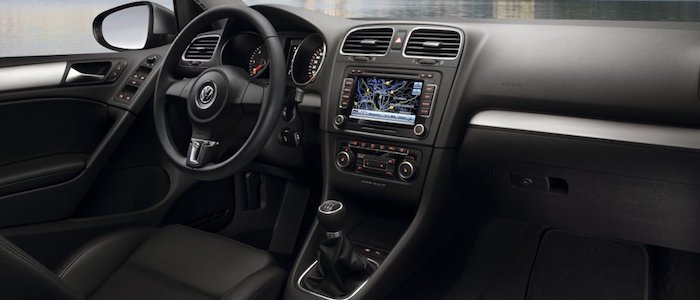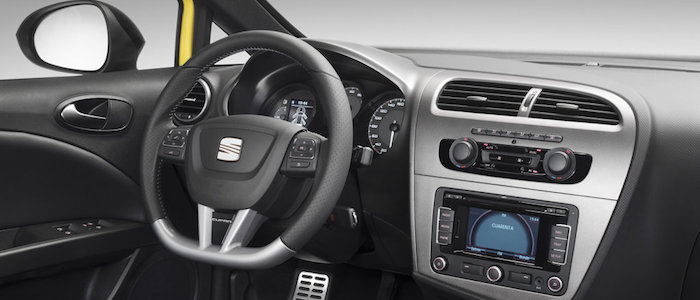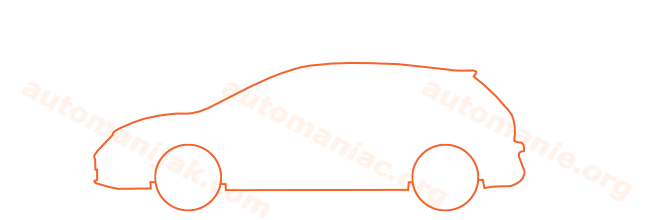Compare two cars
Compare any two cars and get our Virtual Adviser™ opinion
Dimensons & Outlines
Check vehicle history
Engine
Performance (manual gearbox)
Performance (automatic gearbox)
Expenses
Virtual Adviser's™ opinion
Two significantly similar cars, no doubt about that. Still, each one has something different to offer. Having both cars powered by petrol engines and utilizing the 5-door hatchback body style within the same 'Small family car' segment, the only major difference here really is their wheel drive configuration (4 x 4 for the Volkswagen and front in the case of the Seat). Both the engines are Volkswagen-engineered . The first one has a 4-cylinder, 16-valves 272hp unit, while the other one gets its power and torque from a 4-cylinder, 16-valves 265hp one.
SafetyThe first thing to look into here would be the results from European New Car Assessment Programme (Euro NCAP) tests performed on the two cars. Good thing is that both vehicles got tested, with the Volkswagen being a slightly better choice apparently. Still, apart from the official crash test results there are other things we need to be aware of. Both vehicles belong to the small family car segment, which is generally classifying them somewhere in the middle safety-wise, but that fact doesn't break the tie between the two cars. Furthermore, taking kerb weight as an important factor into account, the German car offers a marginal difference of 5% more metal.
ReliabilityI don't like generalizing things when it comes to reliability, although it does seem that both brands display similar results in faults and breakdowns, at least on all of the models level. That's the official data, while our visitors describe reliability of Volkswagen with an average rating of 4.2, and models under the Seat badge with 4.5 out of 5. Some independent research have also placed Golf as average reliability-wise, and Leon is more or less at the same level.That apart, owners of different cars powered by the same engine as the German car rank it on average as 4.0, while the one under the competitor's bonnet gets 5.0 out of 5.
Performance & Fuel economyVolkswagen is a bit more agile, reaching 100km/h in 0.5 seconds less than its competitor. Still, it lacks the power to win the top speed competition, topping at 250 kilometers per hour, exactly the same as the other car does. When it comes to fuel economy things look pretty much the same for both cars, averaging around 8.3 liters of fuel per 100 kilometers (34 mpg), in combined cycle.
Verdict
Seat appears just a bit more reliable, although the difference is truly marginal. The most important thing when deciding between any two vehicles should always be safety, both passive and active. In my opinion, everything taken into account, the German car offers much better overall protection, which launches it ahead of the other contender. It all continues in the same direction, with Volkswagen offering somewhat better performance, just enough to call it quicker. It does come at a cost though, and that's the fuel consumption... It's really tough to make a final decision here, but if I'd need to, I'd say Volkswagen. Nevertheless, let's not forget that people have different preferences and needs, so what really counts is your personal feel. I'm only here to help. Also, you could use the oportunity to find out which car, everything taken into account, would be the perfect choice for you in the eyes of the virtual adviser™, among more than 12.000 different ones in our database.
Related articles
Searching for a high quality used car can be hard. Whether you have recently gotten your license and are looking for your first car, or you just want to downgrade to a cheaper model, a used car could be just the thing you are looking for. But how do you know what to buy...






































